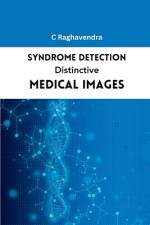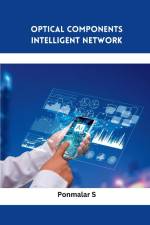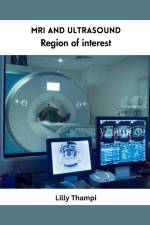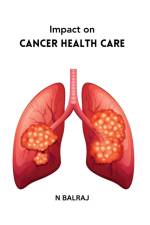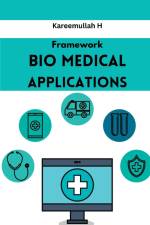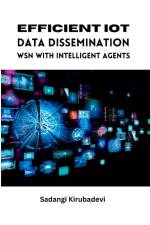von Anusuya Devi
32,00 €
Body Sensor Networks (BSN) in medical applications represent a paradigm-shifting approach to healthcare through the integration of wearable sensors on the human body. These networks form a seamless connection between technology and medicine, enabling the continuous monitoring of vital physiological parameters in real-time. Wearable sensors, discreetly positioned, capture essential data such as heart rate, temperature, and movement, providing an uninterrupted stream of information. This capacity for remote patient monitoring revolutionizes healthcare delivery, allowing healthcare professionals to track patients' conditions remotely and intervene promptly when necessary. BSNs excel in early anomaly detection, triggering alerts for critical events and facilitating timely medical attention. With the ability to provide personalized insights through health analytics, these networks empower both individuals and healthcare providers to make informed decisions tailored to specific health patterns. BSN-generated data contributes to research and innovation, driving advancements in disease management, personalized treatment, and medical knowledge. Ultimately, Body Sensor Networks in medical applications embody a transformative leap towards proactive, personalized, and technologically empowered healthcare practices.These networks are composed of an intricate array of wearable sensors, strategically positioned across the body to capture an individual's physiological data in real-time. Through unobtrusive yet highly sophisticated sensors, BSNs continuously monitor vital signs, movement patterns, and other crucial health metrics. This steady stream of data equips healthcare providers with an unprecedented level of insight into a patient's well-being, enabling timely interventions and personalized medical strategies. The potential of BSNs is vast, ranging from remote patient monitoring that transcends geographical boundaries to early detection mechanisms that forewarn of potential health risks. By integrating seamlessly with data analytics, BSNs empower healthcare professionals to decipher patterns, trends, and anomalies, thereby enhancing diagnostics and treatment plans. These networks also fuel the acceleration of medical research, providing a treasure trove of real-world health data for advancements in disease understanding and treatment development. As BSNs become more sophisticated, they hold the promise of transforming healthcare from reactive to proactive, promoting individual well-being, improving patient outcomes, and revolutionizing the medical landscape as we know it.



